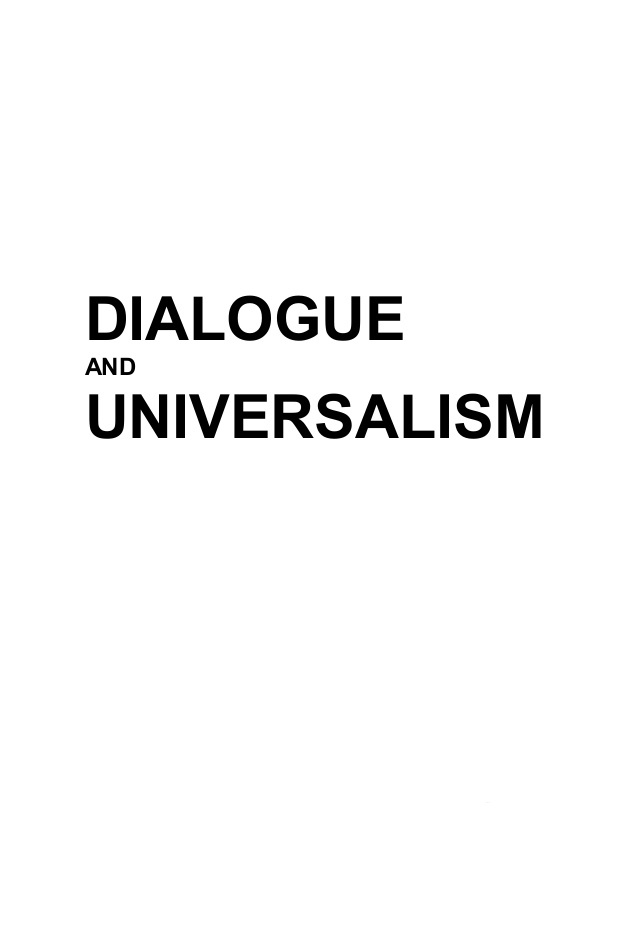THE PHILOSOPHY OF GERNOT BÖHME AND CRITICAL THEORY. DOCTRINAL POSITIONS AND INTERDISCIPLINARY MEDIATIONS
THE PHILOSOPHY OF GERNOT BÖHME AND CRITICAL THEORY. DOCTRINAL POSITIONS AND INTERDISCIPLINARY MEDIATIONS
Author(s): Stanisław CzerniakSubject(s): Philosophy
Published by: Instytut Filozofii i Socjologii Polskiej Akademii Nauk
Keywords: finalization of science, materialism, critical theory, rationalism, mime-sis, bodily presence, recognition, discursive ethics, situational ethics, sovereign man, aesthetic capitalism
Summary/Abstract: My intention in this paper is to answer two quite separate questions in a single inter-pretational narrative: a) about the philosophical (and often critical) content of Gernot Böhme’s expressis verbis—and, at times, “between the lines”—reference to the legacy of critical theory (especially the philosophical thought of Max Horkheimer, Theodor W. Adorno and Jürgen Habermas), and b) Böhme’s use of interesting mediatory devices to combine three different philosophical discourses: the philosophy of science, ethics and aesthetics. The three are in fact related—after all, Horkheimer ran comparisons between “traditional” and “critical” theory, Adorno is the father of the original aesthetical theory, and Habermas laid the ground for what we call “discursive ethics”—but this is a matter for separate and broader treatment. In this perforce shorter paper I will only attempt some initial reflections on the subject.
Journal: Dialogue and Universalism
- Issue Year: 2014
- Issue No: 4
- Page Range: 147-170
- Page Count: 24
- Language: English
- Content File-PDF

